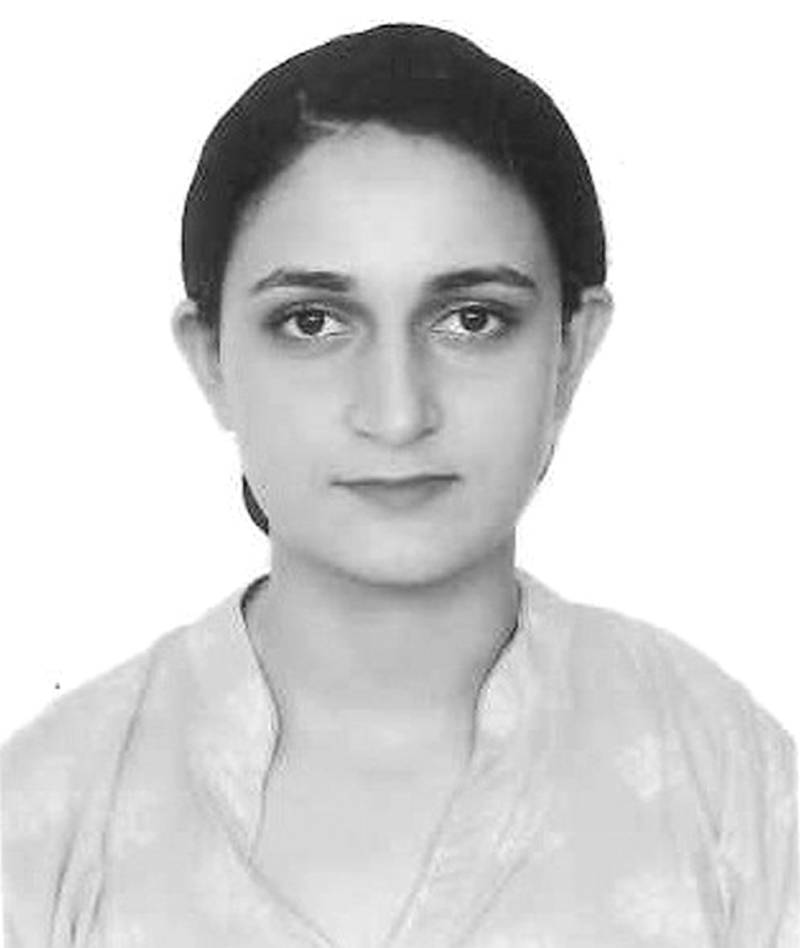Nestled between the high mountains of Chitral, a small valley comprises three villages known as the “Kalash Valley”. In Kalash Valley, the tribespeople celebrate a festival known as “Uchal” during which an ancient weather forecast takes place. The villagers release a fox onto a main path. If the fox runs in one direction, it means there will be rain in the coming season. If it runs in the opposite direction, it means there will be no rain next season.
For many decades, the Kalash tribespeople engaged in this spiritual practice to determine the weather for the coming seasons. And they still do—but it’s just not as accurate anymore! Climate change has rendered this sacred ritual ineffective.
Chitral’s weather typically is cool during the summer and extremely snowy during the winter. This climate is influenced by its proximity to the Hindu Kush range. However, in recent years, Chitral has been witnessing high temperatures and heat during the summer—unseasonal for its weather—along with flash foods that destroy crops, houses, and livestock. In addition, Chitral sees un-forecasted rains and other unusual climatic phenomena that adversely affect their way of life.
The universal narrative around climate change is polarising—we have the proponents alarming everyone that the world is ending, and we have the deniers citing conspiracy and propaganda as unseen driving forces. But in Chitral, you can speak to an average member of the community and see that they have witnessed changes in their temperature, weather, and natural systems that force them to reckon with the impacts of climate change. They believe it’s real, and they believe it’s happening.
In the largest sense, climate change is only one of the many development issues that the Chitral region faces. Ineffective waste management, slow economic development, and scattered administrative agencies contribute to a lag in development similar to what Khyber Pakhtunkhwa and the Merged Areas (ex-FATA) face in comparison to the rest of Pakistan.
Still, there is hope. Development in Chitral must—at the core—be a community-centric effort. The beliefs and knowledge underpinning these tight-knit communities, such as the one surrounding climate change, present a unique opportunity for development. Mobilising communities is easiest when they believe in a particular agenda and are motivated to work against it. The belief in wanting to improve circumstances in Chitral is rare—most communities are focused on dependency or aid, or are simply unmotivated to improve their way of life.
In Chitral, however, development is a hot issue. Many, many aid agencies have worked to build schools, deliver health reforms, improve electricity and water supply, empower youth and women, protect nature and climate, and so on. But development in Chitral must mean more than urbanisation and infrastructure development and foreign aid projects. Too often, development work is meant to replicate other systems. The Global South wants to look like the Global North. Pakistan wants to become its bigger cousin India. Chitral could become Lahore, if given enough attention.
But a decolonised, and grassroots approach to development provides a necessary workaround to the capitalist, colonial, and mainstream, politically-motivated form of development we see in Pakistan. Local communities need to be developed and empowered in a way that keeps their sanctity of life intact and respects their cultural space, while bringing to them the same opportunities, means, and qualities of life available elsewhere. If development work and projects aren’t epitomising equality of opportunity and equity in access, what is?
The million-dollar question is: what does a decolonial, grassroots, and community-led form of development look like? In Chitral, the answer lies in community participation and stakeholders in the process of development. Consultation with community members, elders, youth, local government, aid agencies, and other stakeholders must inform the development process and work. And who is responsible for these consultations? This article would argue that any agency or institution claiming responsibility for the development of Chitral must necessarily ideate the giving of voice and power to the people in the stakes of development. Without this sort of community-led development, the hangover of bigger-better-glitzier, will remain and tarnish cultural, religious, and social sanctity of ancient ways of life.
Waliya Mirza
The writer is a former United Nations employee based in Lahore.






